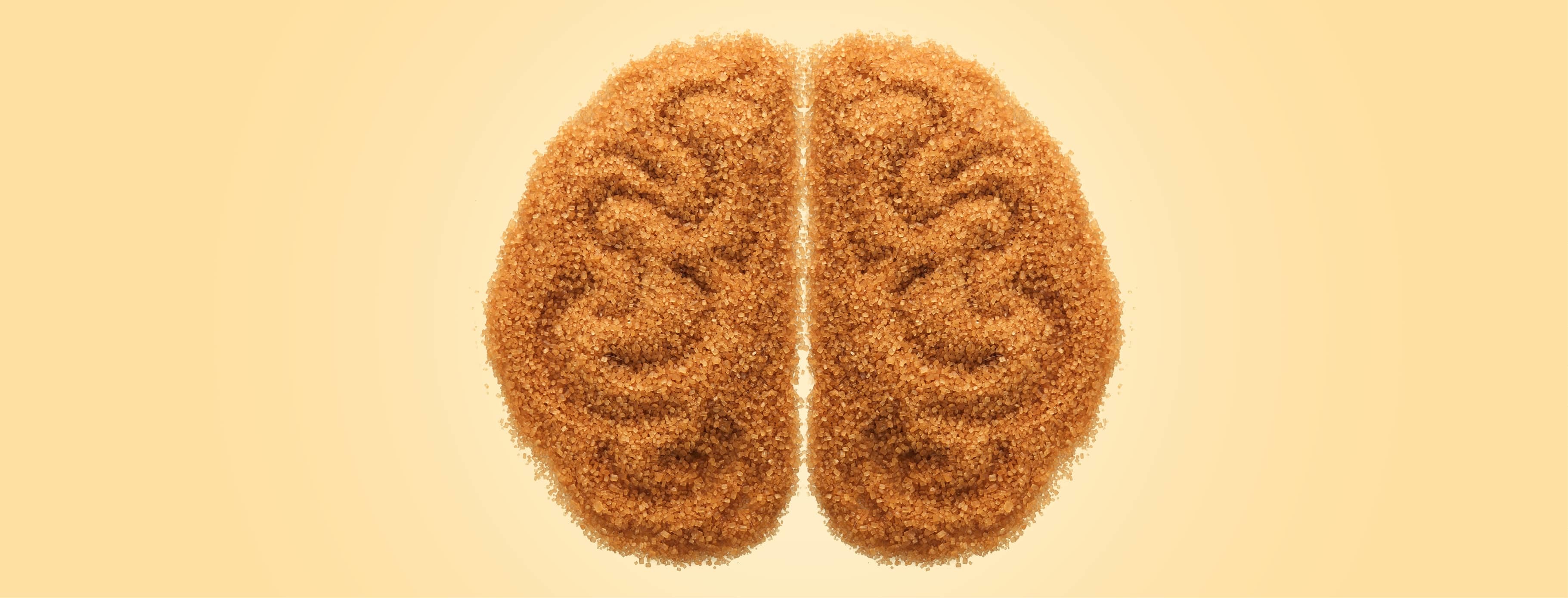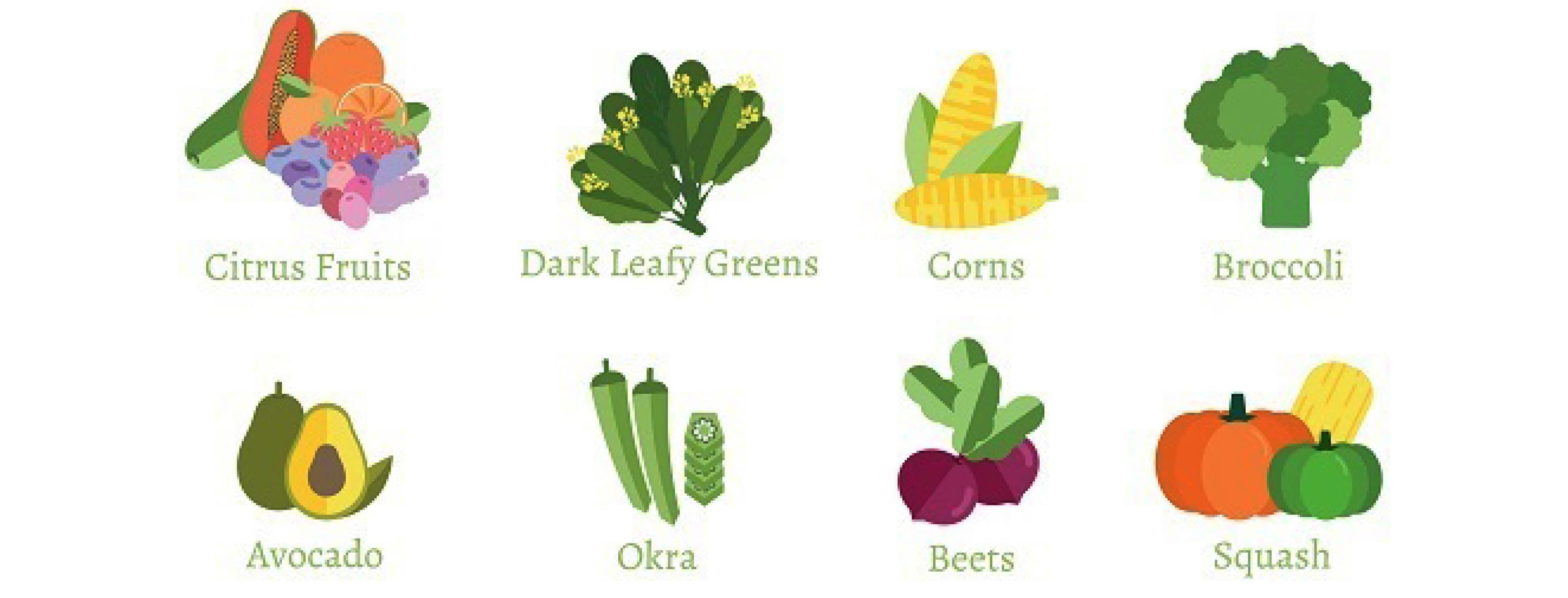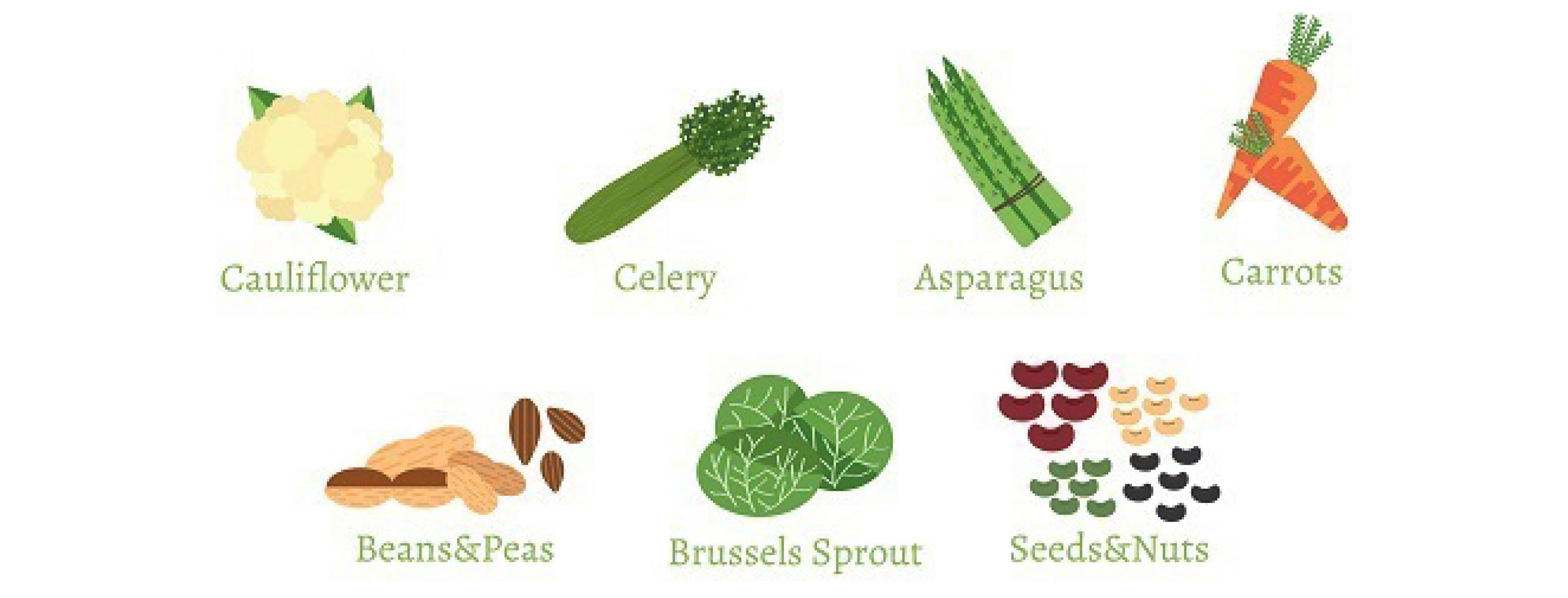Have you ever experienced a sudden boost of happiness after a sugary treat, only to feel low and irritable shortly afterwards?
In our fast-paced world, the attraction to sugary treats is hard to resist. The connection between high sugar intake and mood swings is real, and it's essential to understand how sugar affects our emotions.
Let's unravel the research that sheds light on the hidden link between sugar and mental health, which might help us to rethink our sugar intake to support our well-being.

The science of sugar
The sugar rush and crash(1)
- When we consume sugary foods or beverages, our bodies experience a rapid spike in blood sugar levels, known as "sugar rush."
- This escalated change in energy may lead to temporary feelings of increased energy and happiness.
- However, the high is short-lived, and as blood sugar levels drop, the infamous "sugar crash" occurs, leaving us feeling tired, moody, and irritable. This rollercoaster of emotions can sometimes have a significant impact on our overall mood.
The effects of sugar(1)
- Sugar messes with the neurotransmitter, dopamine (which controls the reward and pleasure centres of our brain)
- Neurotransmitters are chemical messengers that regulate mood and emotions.
- Excessive sugar intake may lead to fluctuations in the neurotransmitter levels, potentially leading to mood swings.
Sugar’s impact on brain structure(2)
- Research suggests that a diet high in sugar may have adverse effects on brain structure and function, especially being exposed to sugar during childhood. While more research is needed to fully understand the impact on humans, these findings indicate that high sugar intake may have broader consequences on mood and mental well-being.

So, what can we do to tackle sugar?
Choose Balanced Meals:
- Balanced meals that include a combination of protein, healthy fats, and fibre are important.
- There are many dietary factors that have been associated with improvements in mood and symptoms of depression such as:
- Tryptophan - The key building blocks of serotonin, aka happy hormones. Found in lean meats, tofu/soya beans, seeds.(3)
- Vitamin B (Folate) - Needed for the process of making serotonin and dopamine. Found in dark leafy greens and beans.(4),(5)


- Mediterranean dietary pattern – Good source of healthy fat from extra virgin olive oil. Also, a moderate amount of fish provides omega-3 fatty acids.(6),(7)
Manage Stress
- Stress can lead to emotional eating and cravings for sugary comfort foods. Take part in stress-reducing activities such as stretching, meditation, talking to people or spending time in nature to help manage stress and prevent emotional eating.
Ultimately, the relationship between high sugar intake and mood swings is complex and multifaceted. Understanding how sugar affects our emotions empowers us to make healthier dietary choices and maintain a more balanced emotional state.

References
- Knüppel A, Shipley MJ, Llewellyn CH, Brunner EJ. Sugar intake from sweet food and beverages, common mental disorder and depression: prospective findings from the Whitehall II study. Sci Rep. 2017 Jul 27;7(1):6287. doi: 10.1038/s41598-017-05649-7. PMID: 28.
- Clark KA, Alves JM, Jones S, Yunker AG, Luo S, Cabeen RP, Angelo B, Xiang AH, Page KA. Dietary Fructose Intake and Hippocampal Structure and Connectivity during Childhood. Nutrients. 2020 Mar 26;12(4):909. doi: 10.3390/nu12040909. PMID: 32224933; PMCID: P.
- Kikuchi, A. M., Tanabe, A., & Iwahori, Y. (2020). a systematic review of the effect of l-tryptophan supplementation on mood and emotional functioning. Journal of dietary supplements,.
- Stahl, S. M. (2008). L-methylfolate: A vitamin for your monoamines. Journal of Clinical Psychiatry, 69(9), 1352-1353. .
- Zheng, W., et al. (2020). Adjunctive folate for mental disorders: A systematic review. Journal of affective disorders, 267, 123-130.
- Arab, A., Mehrabani, s., Moradi., S., & Amani, R. (2019). The association between diet and mood: A systematic Review of current literature. Psychiatry research, 271, 428-437.
- Lin, P. Y., Huang, S. Y., & Su, K. P. (2010). A Meta-Analytic Review of Polyunsaturated Fatty Acid Compositions in Patients with Depression. Biological Psychiatry, 68(2), 140-147.
